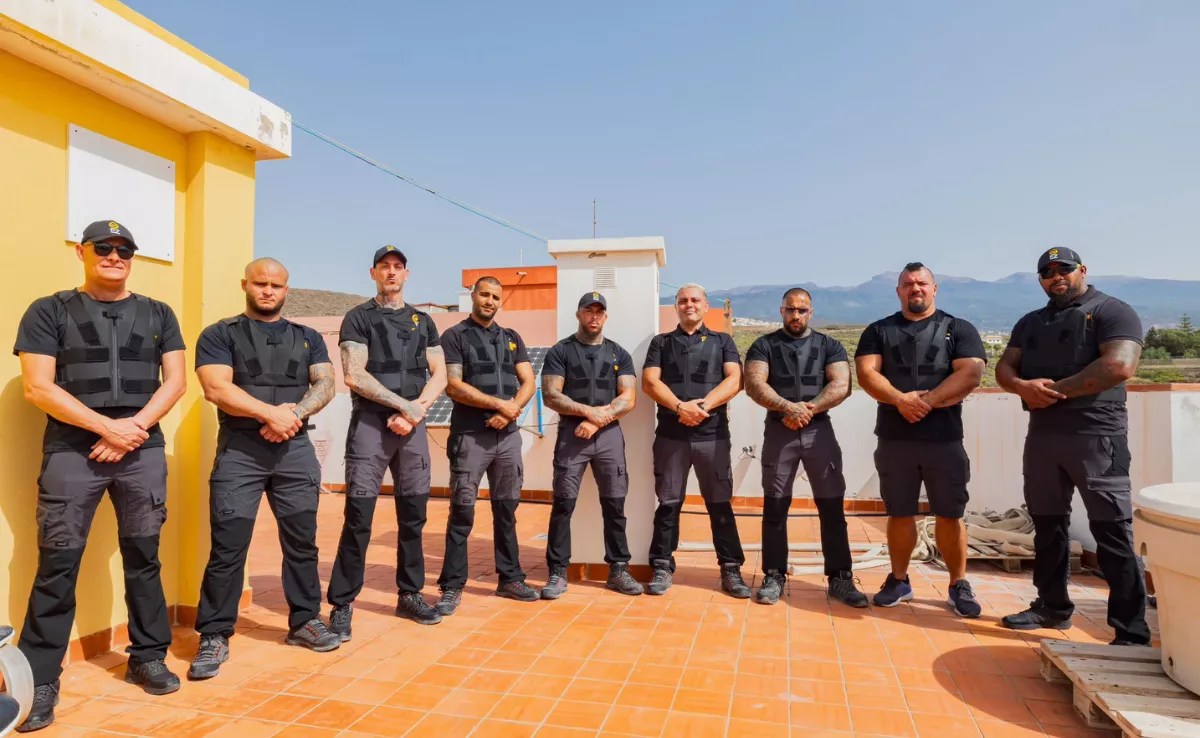
SANTA CRUZ DE TENERIFE, 17th February (EUROPA PRESS) –
The La Palma Film Commission office dealt with a total of 135 projects in the development or pre-production phase in 2023, providing general information queries, location proposals, and managing filming permits. Of these, 23 projects were eventually filmed on the island.
The remaining projects consist of feature films, series, and advertisements. They were not included in the count due to filming schedules in 2024, postponements, relocation to alternative territories, and cancellations.
The Palma Film Commission approximates that the audiovisual sector had an estimated direct economic impact of 3.5 million euros on the island, without considering the multiplicative effect of indirect and induced economic impacts from audiovisual activities. Although exact figures for some projects are yet to be confirmed, the approximations provide a record for 2023.
These figures are based on data accessible to the La Palma Film Commission office through audiovisual production companies that utilized its services. Therefore, the actual economic impact of audiovisual activity on La Palma is even higher, encompassing projects that independently come to the island. Although smaller in scale, they significantly increase the overall figures.
In relation to the projects handled, a total of 95 filming permits were processed, including permits from the Environment and local councils, or information requests to Coasts, Canary Islands Ports, General Directorate of Traffic, National Park from La Caldera de Taburiente or the Institute of Astrophysics of the Canary Islands (IAC). By type of filming, there is an international series, a feature-length documentary, eleven television programs, three documentaries, a documentary series, as well as advertising projects and short films.
Although the total number of filming days decreased compared to the previous year, with 75 days, there has been an increase in hiring. This resulted in the mobilization of 183 professionals, with a direct hiring of 73 professionals from La Palma for technical and creative roles typical of the audiovisual sector, not including the numerous figurative extras hired. In terms of origin, over half of the productions are Spanish, with the rest distributed between Germany, France, the United Kingdom, Portugal, and Norway.
“EXTENSIVE TRAVEL AND POTENTIAL.”
Sergio Rodríguez, the president of the Cabildo of La Palma, emphasized the island’s potential for further development in order to establish the audiovisual sector as a strategic presence. “The Island Council of La Palma is dedicated to encouraging economic diversification through a sector that has proven to be successful but lacked the recognition it deserves,” he added.
He also pointed out that the audiovisual sector “provides a means to diversify the island’s economy and offers opportunities for professionals, companies, and young people on the island, enabling them to pursue a promising future in this sector without having to leave the island in search of opportunities. This marks the first decisive commitment by the Island Council to a sector that, despite evidence of its potential, has not received the necessary strategic investments. This is something that we aim to change in this term of office.”
Miriam Perestelo, the CEO of Sodepal, underlined that the data supports policies to support the audiovisual sector. “It is an economic activity that injects dynamism due to its multiplicative effect, resulting in significant direct, indirect, and induced impacts on an island already home to experienced professionals and companies. They are currently contributing to the rest of the archipelago and have much to offer La Palma through their activities.
Miriam Perestelo also highlighted La Palma’s capacity to accommodate various types of filming, from modest advertising campaigns to feature film shoots or international series spanning several weeks of production, showcasing the island’s competitiveness as a filming location comparable to any destination in the world.”
A “STRONG” COMMITMENT.
Raquel Rebollo, counselor of the Tourism area of the insular Corporation, defends the Ministry’s strong commitment to the audiovisual sector with a record budget exceeding double the amount ever previously available for the support and promotion of filming, reaching 260,000 euros.”
He also highlights the sector’s significant economic impact, as well as the appeal of Screen Tourism, manifesting in travel motivations centered on visiting locations where stories related to the visitor have been filmed. This attraction adds to the island’s repertoire of attributes within a multi-motivational framework, ultimately leading to an increase in tourists that generate added value.
















